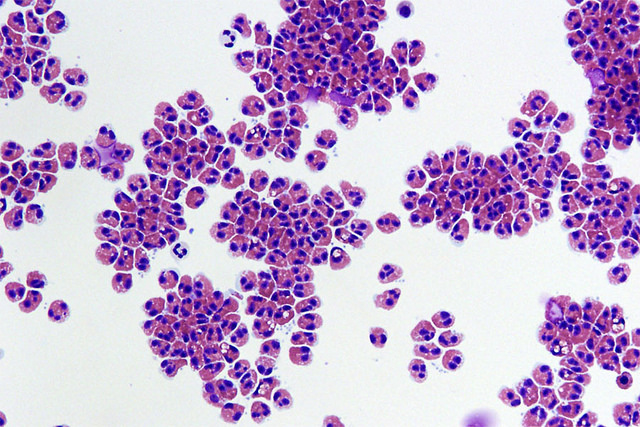Dipyridamole-Thallium Scan
What is a Dipyridamole-Thallium scan?
A Dipyridamole-Thallium scan (dip-thall) is a myocardial perfusion study; it looks at blood supply to the heart muscle while under the relative stress of dipyridamole, which causes the coronary arteries to slightly and temporarily constrict (become narrower). Thallium is the radio-isotope used to ‘light up’ the blood cells.
How is a Dipyridamole-Thallium scan performed?
A Dipyridamole-Thallium scan is performed by first injecting Dipyridamole into a vein to stress the heart (pharmacologic stress). A radio-isotope (radiotracer), such as Thallium, is then injected into a vein via an intravenous cannula. This substance is taken up by heart muscle according to the amount of blood supply to that area of heart muscle, and shows up on an image as a ‘concentration map’.
Sometimes additional images are taken when the heart is not being stressed, these can then be compared to the stressed images to see if there is an area of ‘reversible ischaemia’. This may help to differentiate coronary artery disease from areas of permanently damaged heart muscle, as with a heart attack (myocardial infarction).
Patients are required to abstain from any foods, drinks or medications which contain caffeine or theophylline, for 24 hours prior to the Dipyridamole-Thallium scan.
Find and instantly book your next health appointment with HealthengineBook your health appointments online
When would you need a Dipyridamole-Thallium scan?
A Dipyridamole-Thallium scan may be requested by your GP, emergency physician or cardiologist, in cases of chest pain where the cause is not certain or heart failure, where the heart’s ability to pump is impaired.
It may also be used to monitor the effects of treatment in a patient known to have ischaemic heart disease (angina).
A Dipyridamole-Thallium scan has a similar use to an exercise stress test, but with the advantage of not requiring the patient to exercise. This can be useful in people with severe arthritis or lung disease who are not able to reach a high level of exercise.
Test results explained
Dipyridamole-Thallium scan results may show:
- Normal perfusion study – normal blood supply to all areas of the heart muscle
- Reversible perfusion defect – decreased blood flow to an area of heart muscle, due to inadequate blood supply from a particular coronary artery (blood vessel around the heart)
- Fixed perfusion defect – decreased blood flow to an area of heart muscle, due to permanently damaged muscle (essentially a scar in the heart muscle)
Related specialists
- General Practitioner (GP)
- Cardiologist
- Emergency Physician
- General Physician
- Occupational Health Physician
- Anaesthetist
Related procedures
- Intravenous Cannulation
- Pre-operative Anaesthetic assessment
- Percutaneous Coronary Intervention (PCI)(=PTCA: Percutaneous Coronary Angioplasty – with or without coronary stent placement)
- Coronary Artery Bypass Grafting (CABG)
Related tests
- Exercise Stress Test (EST)
- Electrocardiogram (ECG)
- Echocardiogram (Echo)
- Chest X-Ray (CXR)
- Troponin
- Lipid Profile (Cholesterol Test)
- Glucose Tolerance Test
Also known as
- (Nuclear) Myocardial Perfusion Imaging (MPI)
Links
A: Use HealthEngine to find and book your next Haematologist appointment. Click on the following locations to find a Haematologist clinic in your state or territory.
This article is for informational purposes only and should not be taken as medical advice. If in doubt, HealthEngine recommends consulting with a registered health practitioner.
All content and media on the HealthEngine Blog is created and published online for informational purposes only. It is not intended to be a substitute for professional medical advice and should not be relied on as health or personal advice. Always seek the guidance of your doctor or other qualified health professional with any questions you may have regarding your health or a medical condition. Never disregard the advice of a medical professional, or delay in seeking it because of something you have read on this Website. If you think you may have a medical emergency, call your doctor, go to the nearest hospital emergency department, or call the emergency services immediately.








